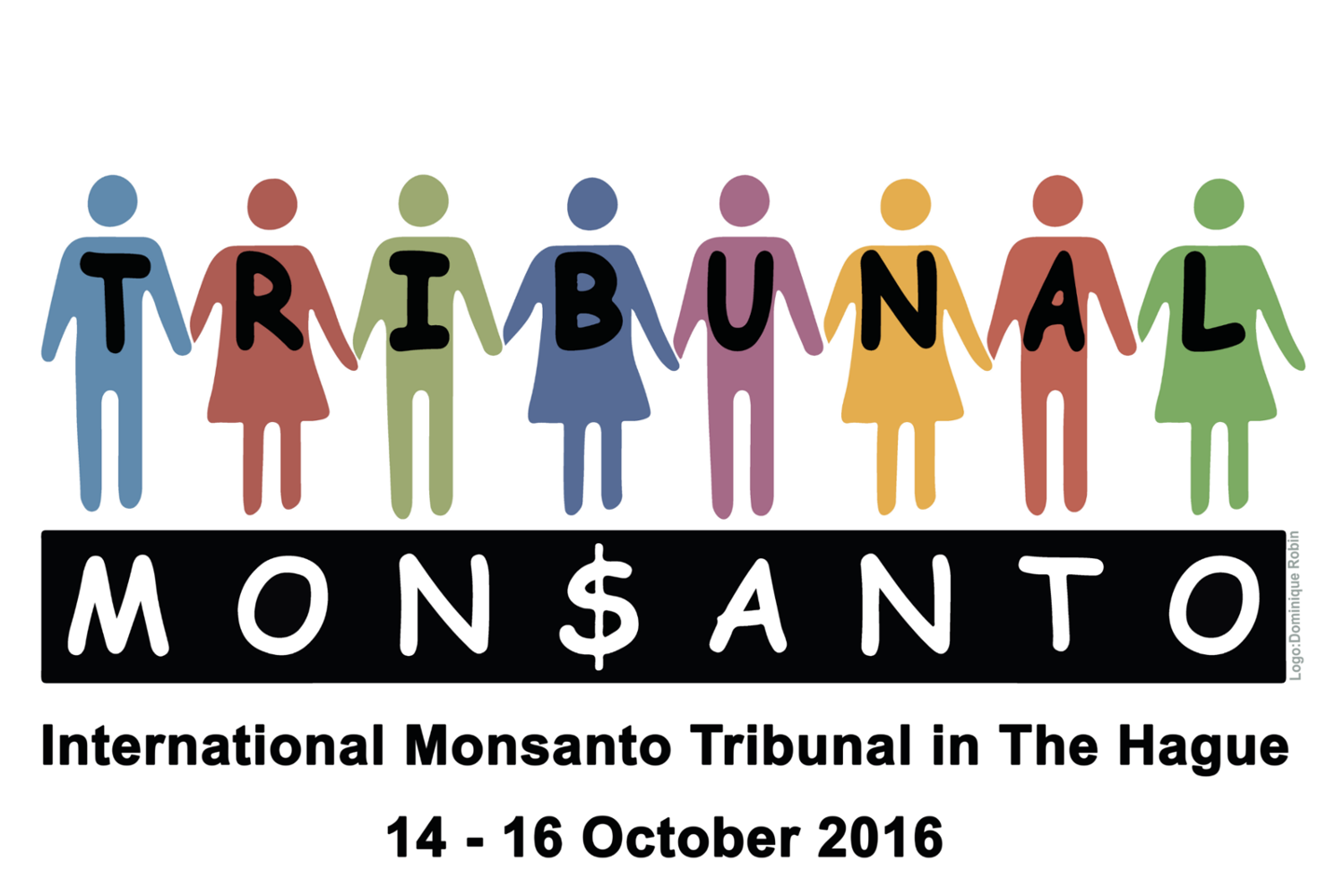Monsanto in Trouble
Author: Karin Heinze | Published: October 24, 2017
Over 1.3 million EU citizens say: ban glyphosate
The US seed-& pesticide corporation Monsanto is in trouble. There are many reasons. Among others, the authorization of Monsanto’s flagship the weedkiller Roundup and its ingredient glyphosate is expiring in the EU by the end of this year. Plus more and more weeds are resistant to the pesticide. Monsanto’s ‘solution’ to this problem, another very toxic herbicide called Dicamba, turns out to be a complete failure. The Monsanto Tribunal last fall in The Hague and court cases have been exposing the way Monsanto works. The legal opinion of the Monsanto Tribunal has been spread to all corners of the world by social and official media, inspiring victims of pesticide use and more consumers to show the true cost of Monsanto’s business.
What happened after the Tribunal throughout 2017? Glyphosate, active ingredient of Roundup, has created a huge discussion. Over 1.3 million EU citizens have signed an official request to ban glyphosate, to reform the pesticide approval procedure, and to set EU-wide mandatory reduction targets for pesticide use. Also the Monsanto Bayer merger is under investigation. There has been a lot of public pressure on the merger authorities to prevent the Bayer – Monsanto merger. Too much power, bad for farmers and consumers is the general opinion. But the EU Commission has now launched an in-depth investigation.
Food: 53% contain glyphosate residues
According to Monsanto Tribunal, the French organisation Générations Futures conducted tests on food products found in supermarkets. They found out that 53% of them contained glyphosate residues. Such results show the pervasive nature of glyphosate-containing herbicides. Combined with the important work of health and environmental organizations, they should carry weight on the debates over glyphosate re-authorization in the EU. Consumers’ groups have been conducting a series of tests with food products in the U.S. Glyphosate was found in many of them, including the famous ‘all natural’ Ben & Jerry’s ice creams, from the company Unilever. The Organic Consumers Association is now pushing the brand to go organic.

